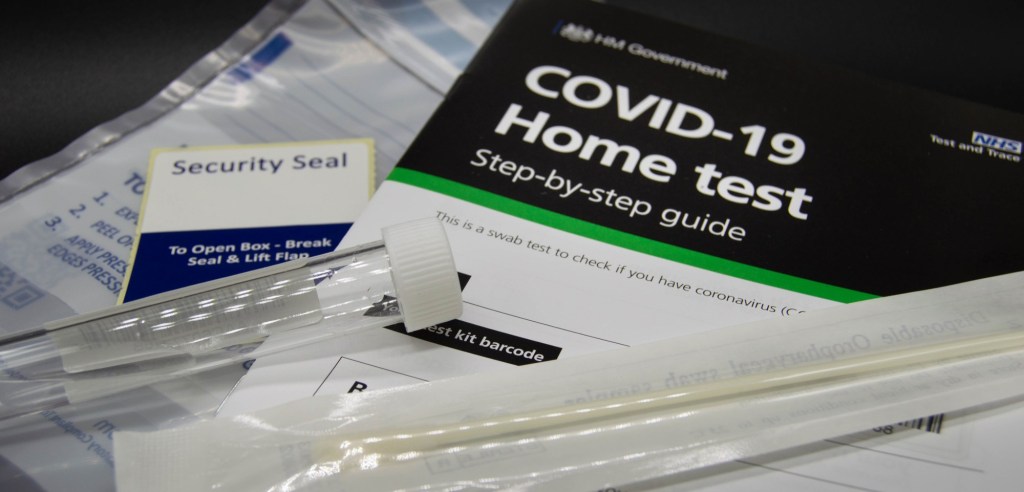At-home COVID-19 tests allow you to collect your sample and detect active COVID-19 infections.
But what if you have at-home COVID-19 tests nearing expiration or expired on your shelf?
Matthew Binnicker, Ph.D., director of the Clinical Virology Laboratory at Mayo Clinic, says companies set the original test dates arbitrarily due to these diagnostic at-home tests being developed rapidly. So, check your boxes before you toss them.
“Now that we are 3 1/2 years into the pandemic, those manufacturers have had the opportunity to go back and assess the test performance over prolonged periods of time. And they’ve updated the expiration dates in many cases,” says Dr. Binnicker.
His first recommendation if you have tests at home is to search the Food and Drug Administration (FDA) website for information on updated expiration dates.
“If you take a test that is beyond the expiration date, and the test is positive, that’s likely a reliable result, especially if you have a respiratory illness. If you get a negative result from a test that is beyond the expiration date, I’d recommend making sure the test doesn’t have an extended expiration date. And if it’s beyond that, then definitely go out and get another test or go in and have a healthcare provider collect a swab for a lab-based test before you rule out COVID-19,” Dr. Binnicker says.
Can at-home tests detect current strains of COVID-19?
“Yes, they should detect the currently circulating strains of COVID-19. The good news is that most of the changes in the virus with these new variants are in the spike protein, which is the part of the virus that binds to the cells. And the protein these antigen tests are looking for is a different protein where not as many mutations occur. So that allows us to confidently say that these tests should pick up the circulating strains,” says Dr. Binnicker.
Testing positive
Are you contagious if you test positive…
Read the full article here







